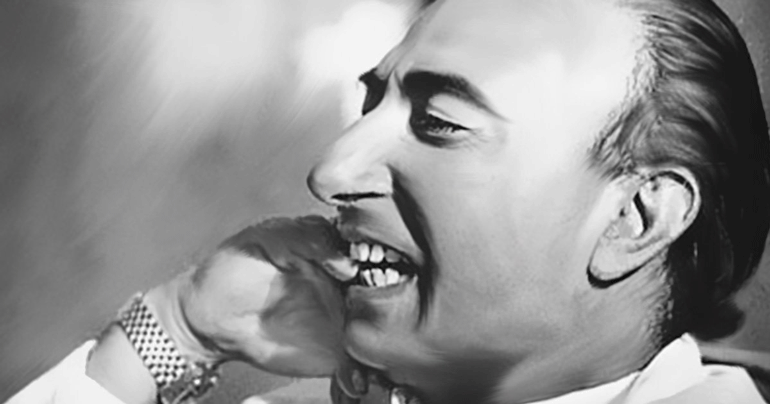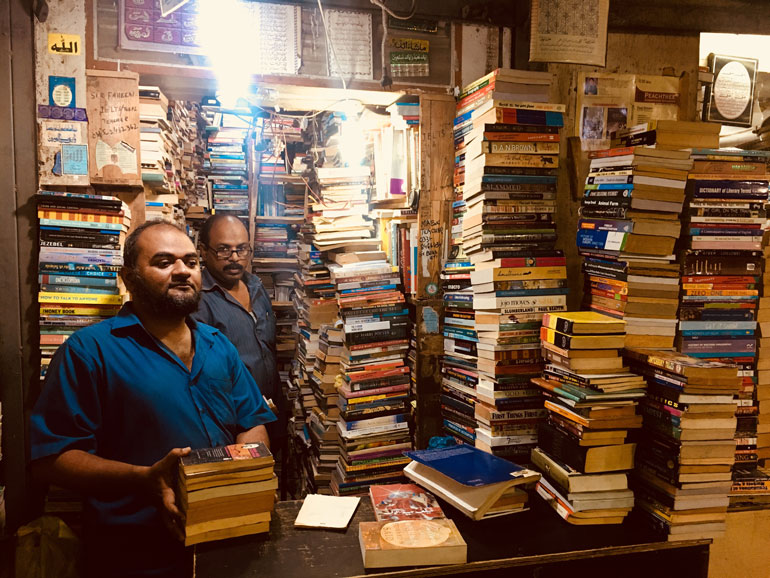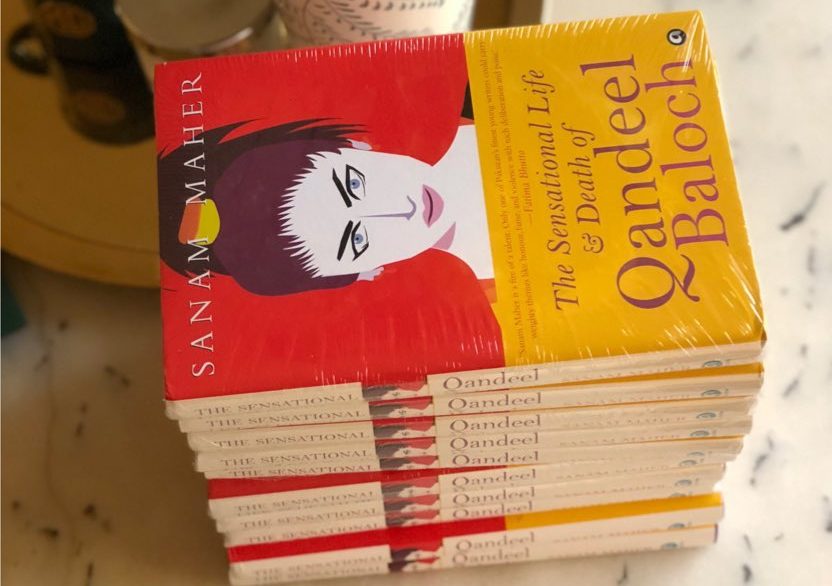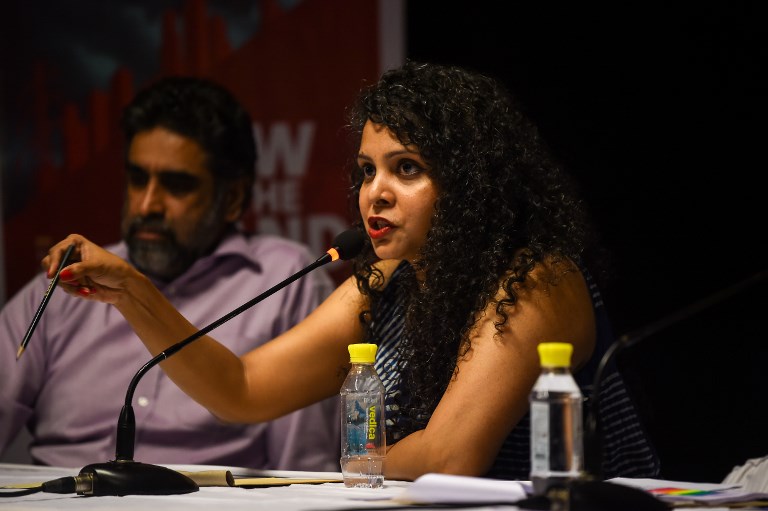KARACHI: Long before songs like Chaar bottle vodka, Aaj blue hay paani paani and 47 weight kuri da hit the airwaves, a poet who had once lived in Pakistan gave Indian cinema its most memorable and meaningful songs – an intellectual and cultural cut above the lightweight numbers of today: Sahir Ludhianvi.
Born on March 8, 1921, Abdul Hayee – popularly known as Sahir Ludhianvi – was a towering figure of Urdu literature, who wrote immortal lyrics of songs Kabhie Kabhie Mere Dil Mein and Ye Duniya Agar Mil Bhi Jaye Tau Kia Hay, among many others. Ludhianvi lived in Lahore, Pakistan, for a short while when he started editing Savera, a literary Urdu magazine. However, owing to some progressive writings deemed ‘anti-state’, the Government of Pakistan allegedly issued arrests warrants for him. As a result, Sahir had to flee the country.
Born into a Muslim family in Ludhiana of Indian Punjab, Sahir was a progressive who supported Hindu-Muslim unity and advocated equal rights for all. He wrote extensively for labourers and the working class.
To date, his poem Zulm Phir Zulm Hay, Barhta Hay Tu Mit Jata Hay is recited widely by political leaders during protests across the Sub Continent.
His personal life could be summed up in another famous song he penned, Janay Woh Kese Loug Thay Jinkay. Sahir’s personal life was rife with turmoil and tragedy as he was never able to be with the woman he loved, according to a book titled Men Sahir Hun by Chander Verma.
Sahir Ludhianvi’s personal life, rife with turmoil and tragedy, could be summed up in another famous song he penned, Janay Woh Kese Loug Thay Jinkay
Often, Sahir would avoid using his name in his poetry. In a poem, he addressed this, saying he’s just a poet living for a fleeting moment who has little to say. “Mein Pal Do Pal Ka Shayir Hun, Pal Do Pal Mere Kahani Hay.”
Sahir was also an advocate of equality for women throughout his life. In his poem Sanakhuwan e Taqdees e Mashriq Kahan Hayn, he questioned fundamentalists of the sub-continent about their refusal to raise a voice against the oppression of the sex workers.
Sahir died at the age of 59. During his last moments, Sahir said to his doctor: “My face may be full of spots and patches, but life is still beautiful. I don’t want to die.”

 Sahir Ludhianvi. PHOTO: REKHTA.ORG
Sahir Ludhianvi. PHOTO: REKHTA.ORG











